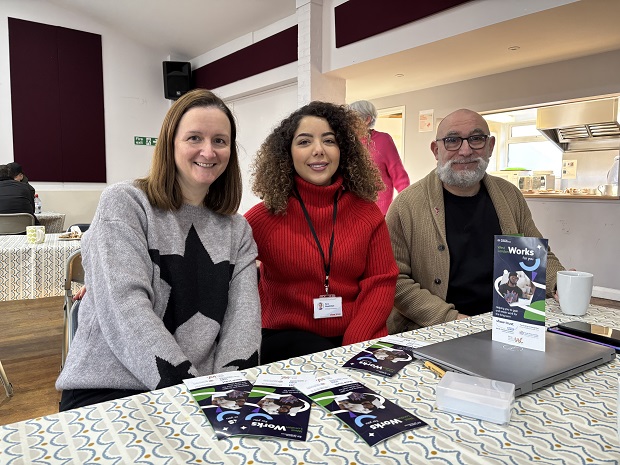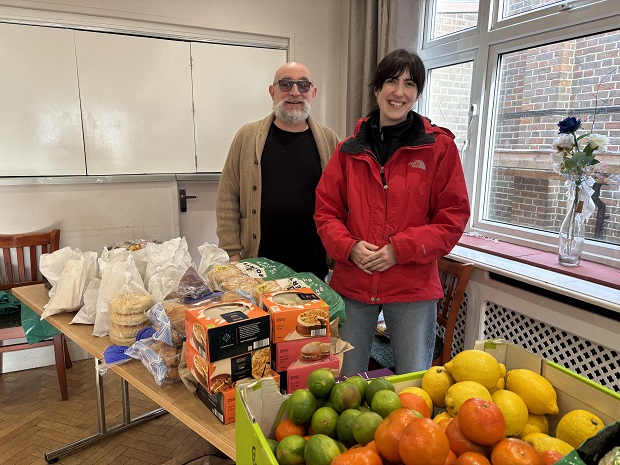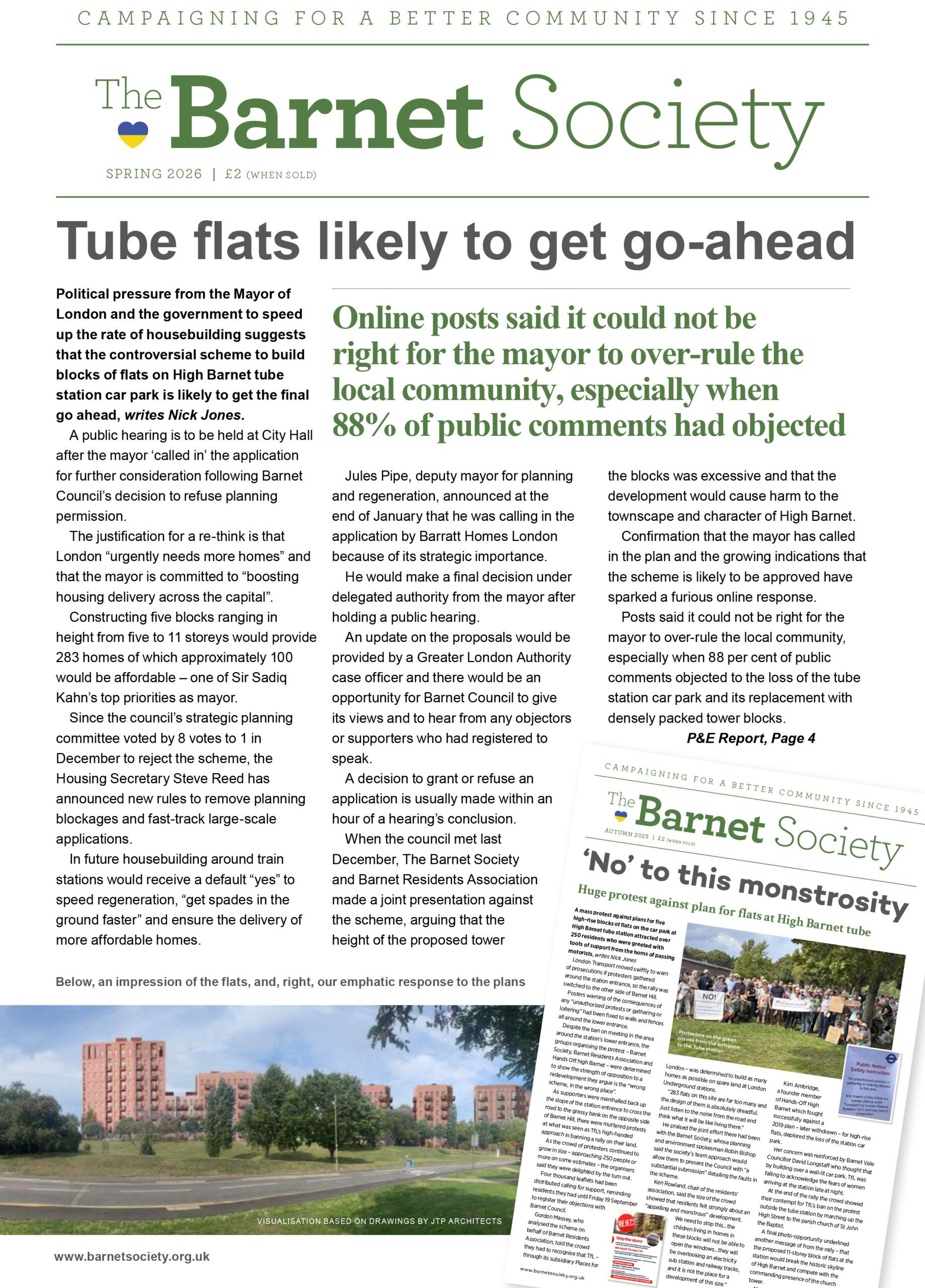Barnet Council under pressure to do more to support low-income families by following the lead set by Chipping Barnet Foodbank

Pioneering work by Chipping Barnet Foodbank is highlighting Barnet Council’s shortcomings in tackling hardship resulting from food shortages and inadequate advice for needy families.
Barnet Food Partnership, which represents the borough’s 22 foodbanks, is urging the council to match the example of other London boroughs which are developing community hubs to provide a range of services as well as emergency food supplies.
Some councils have helped to establish social supermarkets and food clubs which sell groceries, vegetables and other items at affordable prices.
Chipping Barnet Food Bank, which has led the way in offering a range of support and advice about benefits, jobs and housing, is among those hoping the council will be more progressive in its approach.
At its twice weekly foodbanks — held on Tuesdays and Saturdays at St Peter’s Roman Catholic Church, Somerset Road, New Barnet — all those seeking food parcels are offered advice on their financial affairs and employment prospects, a policy which has resulted in a significant increase in those being able to manage without further support.
Sara Gharbifard, an employment specialist from the Shaw Trust, is among those who offer advice — seen above, with Victoria Miller (left), foodbank manager, and Bob Bevil (right), Chipping Barnet’s campaign and advocacy lead.
Offering guidance on employment prospects, writing a cv or claiming benefits can be life changing, says Sara.
“It is so important, and so rewarding, to be able to give people the confidence to hone their skills, perhaps begin a new career, retrain or start an apprenticeship.”
The Shaw Trust focuses on assisting those who might have a mental health condition or physical disability and who have found their handicap a real barrier to finding work.
Chipping Barnet’s pioneering work in developing a wraparound approach by offering advice as well as food, fruit and vegetables was widely praised at an all-day conference held last year by the Barnet Food Partnership.

A report setting out recommendations from the Barnet Food Partnership’s summit was prepared by Mr Bevil, seen above with Sophie Clark, local organiser and mobilisation manager for Trussell, the national charity formerly known as the Trussell Trust.
In preparing for the conference, Mr Bevil said there had been visits to see a community shop opened in Lambeth and a social supermarket established in Dagenham.
Through council leverage and local support low-income families can purchase food and produce at affordable prices and are also offered a range of other services at established community hubs.
Mr Bevil says the food partnership hopes Barnet Council will recognise that it must get more involved.
“Barnet is one of the few London boroughs – if not the only London borough – where the council relies on the tradition of foodbanks being run predominantly by volunteers and maintained by donations.
“Other boroughs are showing a far more progressive approach. They know the need for emergency food supplies is so critical that they can’t just rely on the philanthropic model.
“Councils are establishing community hubs where these services can be co-ordinated at a permanent location.
“In the Borough of Barnet all our foodbanks must survive on their own initiative – holding foodbanks for a few hours every week in a church hall or some other temporary location.
“Since Barnet Council closed the Barnet Food Hub distribution centre at East Barnet Library last year, the council has had no involvement in tackling food insecurity, and we all think there is more the council could do.”
Mr Bevil said one local factor that forced people to seek help from foodbanks was that Barnet Council was far more aggressive than other London authorities in using bailiffs to collect debts.
Research in 2023 showed that Barnet had the second highest figure in the UK for the use of bailiffs in debt collection.
To assess whether this practice is continuing to increase pressure on vulnerable households, the food partnership is seeking up to date information from the council.

